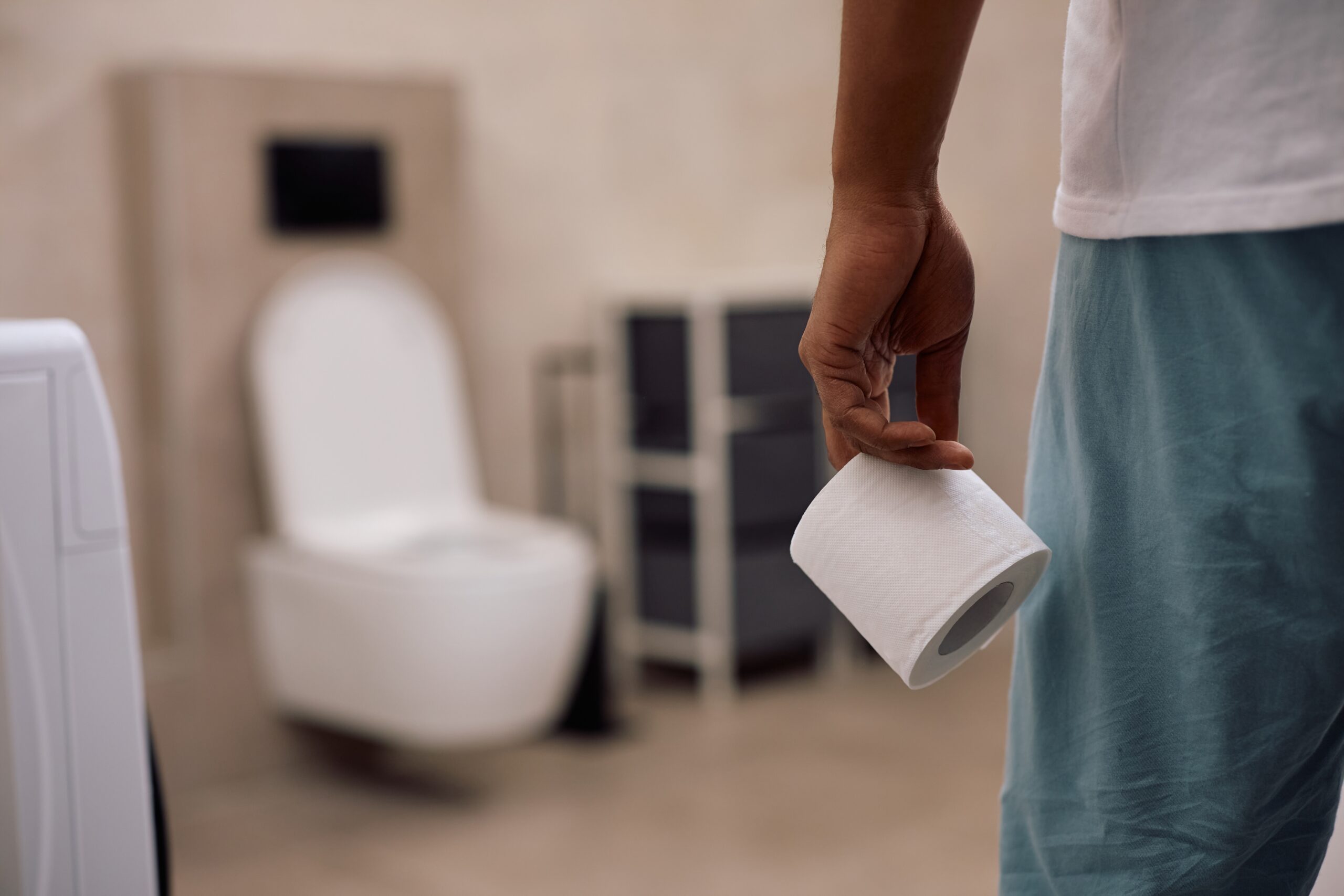The time you eat dinner tonight could be the secret switch for a seamless, clockwork bathroom visit tomorrow morning—experts say it’s not just what’s on your plate, but when you finish your meal that can set your gut for a win.
Story Snapshot
- Eating dinner about three hours before bedtime can “train” your gut for regular morning elimination.
- Your colon is naturally most active after waking and following meals—timing helps harness this rhythm.
- Consistent meal timing, not just dietary choices, is gaining traction as a tool for digestive health.
- Expert recommendations are shifting public habits and influencing wellness industry trends.
Expert Consensus: Dinner Timing and Morning Motility
Leading gastroenterologists and nutritionists are converging on a deceptively simple prescription: finish dinner three hours before bedtime, and your odds of a smooth morning visit to the bathroom rise dramatically. Decades of research into circadian rhythms have shown the gut’s internal clock primes the colon for action after sleep and after meals. Dr. Michael Bass, a gastroenterologist, explains that the morning is “convenient because your body is naturally primed to eliminate after waking and eating”—a revelation that turns dinner timing from an afterthought into a digestive strategy. Research confirms that by syncing dinner with your biological clock, you’re not just eating—you’re setting up tomorrow’s routine with intention.
Registered dietitians echo this advice, emphasizing that regular meal timing helps “train the gut” for consistency. Stacey Collins, RDN, highlights how a predictable dinner schedule creates a reliable internal rhythm, reducing surprises and discomfort in the morning. The science backs her up: the colon’s peak activity window is early in the day, and when dinner is late, it can disrupt the overnight reset needed for that morning momentum. This isn’t speculation—it’s grounded in peer-reviewed studies and clinical observation. The message is clear for anyone seeking digestive comfort: dinner timing is a lever you can actually control.
The Rise of Circadian Science in Your Kitchen
Understanding the gut’s clock requires a look back. While cultures have long advised eating early, the discovery of circadian clocks in peripheral organs, including the gut, only accelerated in the past thirty years. Scientists found that gut motility—the muscular contractions that move food along—rises in the morning and after meals, syncing with light cues and sleep cycles. Modern lifestyles, however, have thrown a wrench into these mechanics. Shift work, screen time, and late-night snacking have fueled a spike in digestive disorders, making the case for circadian-friendly eating more urgent and more relevant than ever.
Public health campaigns have historically shouted about fiber, water, and exercise, but meal timing is now entering the mainstream. Recent years have seen a sharp uptick in expert commentary and media coverage. Since 2020, the public appetite for evidence-based, actionable advice on bowel health has pushed dinner timing into the wellness spotlight. Peer-reviewed research and credible health media are aligning with what many have sensed anecdotally: when you eat is nearly as important as what you eat for digestive regularity.
Practical Implications for the Dinner Table—and Beyond
Adopting earlier dinners offers immediate payoffs: smoother mornings, less reliance on laxatives, and even better sleep thanks to less overnight digestion. Over the long term, experts predict a reduction in chronic constipation and knock-on benefits for metabolic and mental health. The biggest winners are those with erratic schedules—shift workers, frequent travelers, and anyone whose routines have been hijacked by modern life. For these groups, the science-backed advice is especially potent: shift your dinner earlier, and your internal plumbing may just follow suit.
The ripple effects go farther. Healthcare providers are increasingly recommending non-pharmacological interventions for gut health. The wellness industry is responding too, with meal planning tools and programs designed to help people eat in sync with their circadian rhythms. While this shift won’t dethrone fiber or hydration as pillars of digestive advice, it adds a new, easily overlooked tool to the toolkit—and one that doesn’t require overhauling your grocery list.
Expert Nuance: Regularity, Not Rigidity
No one-size-fits-all solution exists in the realm of digestion. Experts agree that while early dinners help most people, individual variability means not everyone will achieve a textbook morning routine. Some healthy individuals may not have daily bowel movements, and that’s normal. Consistency, not rigid scheduling, is the real marker of gut health. The consensus is less about enforcing an exact time and more about establishing a rhythm your body can anticipate.
For those worried about missing the mark, the advice is reassuring: aim for regularity, listen to your body, and use dinner timing as one of several levers for digestive health. The research is robust, with few contradictions and strong validation from both clinical and academic sources. As public awareness grows, this simple shift in evening habits could quietly revolutionize how we think about—and manage—something as basic and essential as the morning trip to the bathroom.
Sources:
Times of India: Experts reveal the best time for dinner to help regular morning bowel movement
Vinmec: When is the best time to go to the bathroom during the day?








